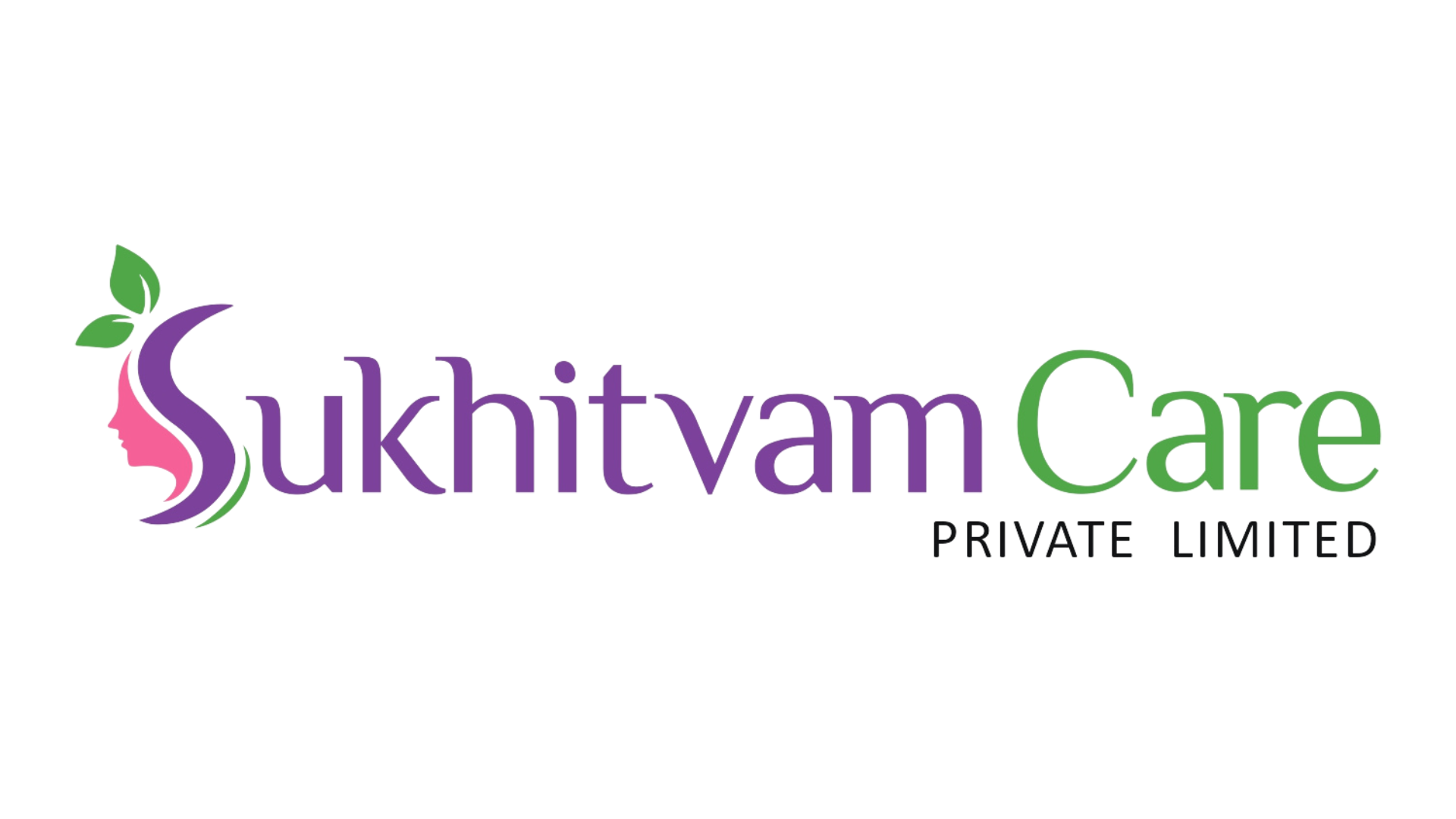
Let’s Get Real About PCOS and Food
If you’re living with PCOS, you’ve probably Googled “PCOS diet plan” a hundred times. And each time? You’re met with complicated charts, endless restrictions, or advice that feels downright impossible to follow. Let’s take a deep breath—because this guide is different.
We’re not doing food shaming. We’re not cutting out entire food groups. We’re focusing on a PCOS diet plan that actually works—that fits real life, real cravings, real energy levels, and real budgets.
PCOS (Polycystic Ovary Syndrome) is a hormonal condition that affects millions of women, and while everyone’s body is different, nutrition plays a powerful role in managing symptoms like irregular cycles, weight struggles, acne, fatigue, and insulin resistance.
The good news? You don’t need to be perfect. You just need a plan that works for you. Let’s dive into that.
Understanding PCOS: Why Food Matters So Much
Before we get into what to eat, let’s talk about why diet matters.
PCOS messes with your hormones—specifically insulin, estrogen, and androgens (like testosterone). When your insulin levels are high (which happens often with PCOS), your body stores more fat and produces more male hormones. This contributes to the frustrating symptoms many of us deal with.
Here’s the key: the right foods can help stabilize blood sugar, lower inflammation, and improve hormone balance. The wrong foods? They send your body into chaos.
The Core Goals of a PCOS-Friendly Diet
Let’s simplify this. A PCOS-friendly diet should:
- Support insulin sensitivity (aka no blood sugar rollercoasters)
- Reduce inflammation
- Balance hormones
- Promote gut health
- Be sustainable—no crash diets or food guilt
And above all: it should make you feel good. Not stressed, not deprived, not obsessed.
What to Eat More Of (Because Nourishment > Restriction)
Fiber-Rich Foods
Fiber slows down digestion and helps keep your blood sugar steady. It’s your best friend for managing insulin resistance.
- Oats, quinoa, brown rice
- Lentils, beans, chickpeas
- Berries, apples, pears
- Leafy greens, broccoli, Brussels sprouts
Healthy Fats
Good fats help with hormone production and keep you full and satisfied.
- Avocados
- Olive oil
- Nuts and seeds (chia, flax, almonds)
- Fatty fish like salmon or sardines
Lean Proteins
Protein helps with satiety and blood sugar control.
- Chicken, turkey, eggs
- Greek yogurt (unsweetened)
- Tofu, tempeh
- Lentils and beans again (double win!)
Low-Glycemic Fruits & Veggies
No, fruit is not the enemy. Stick to low-glycemic options that don’t spike your blood sugar.
- Berries, cherries, apples
- Zucchini, bell peppers, spinach
- Sweet potatoes (in moderation)
What to Reduce (Not Eliminate—Balance Is Key)
Refined Carbs and Sugars
White bread, pastries, soda, sugary cereals—these send insulin levels soaring.
But this doesn’t mean carbs are evil. Choose complex carbs over simple ones. Your body (and hormones) will thank you.
Dairy (For Some Women)
Dairy affects each woman with PCOS differently. For some, it causes more acne or worsens inflammation. Try reducing dairy for a few weeks and see how you feel.
If you love cheese or yogurt, try goat or sheep’s milk varieties or stick with lactose-free options.
Processed Foods and Inflammatory Oils
Think: fast food, frozen dinners, chips, and anything made with canola, soybean, or vegetable oil. These foods can worsen inflammation and mess with hormones.
What About Cravings? Here’s the Real Talk
You’re going to crave sweets or salty snacks sometimes. And that’s okay. The key is to plan for them—not punish yourself.
Try:
- Dark chocolate (70% and up)
- Air-popped popcorn with sea salt
- Homemade energy bites with dates, cocoa, and oats
Balance wins over perfection every time.
PCOS and Intermittent Fasting: Yay or Nay?
Some women find intermittent fasting helps with insulin resistance. But it’s not for everyone—especially if it makes you moody, tired, or causes binge eating later.
If you try it, aim for a 12:12 or 14:10 eating window, and focus on quality meals. Listen to your body.
Supplements That May Help (But Aren’t Magic Pills)
Talk to your doctor before adding anything, but many women with PCOS find support from:
- Inositol (Myo + D-Chiro): Helps with insulin and fertility
- Magnesium: Calms the nervous system, supports blood sugar
- Vitamin D: Often low in PCOS
- Zinc: Can help reduce androgens and acne
Again—supplements help, but they can’t outdo a balanced lifestyle.
The Emotional Side of Eating with PCOS
Let’s not ignore this: dealing with PCOS can feel heavy. The weight gain, the acne, the exhaustion, the irregular periods—it’s not just physical. It’s emotional. Food becomes comfort, control, or confusion.
You’re not alone in that.
So be gentle with yourself. This journey is about progress, not perfection. You don’t have to change everything overnight. Start small. Start with one meal. Then keep going.
FAQs
Do I have to cut out carbs to manage PCOS?
Nope. You just need to pick the right ones—whole, fiber-rich, low-glycemic carbs are your best bet.
Is dairy bad for PCOS?
It depends. Some women feel better without it; others don’t notice a difference. Try a 2-3 week break and see how your body responds.
Can I still have treats and manage PCOS?
Absolutely. Balance is key. Enjoy treats mindfully, not restrictively.
Is coffee okay with PCOS?
In moderation, yes. But if it triggers anxiety, energy crashes, or sugar cravings, try cutting back.How long
Before I see changes on a PCOS diet?
Some women notice improvements in energy, skin, or cycles within weeks. Deeper hormone balancing may take a few months—stick with it!

